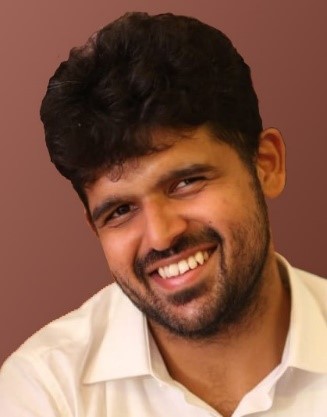South Asia’s Unstable Nuclear Decade
The tenth anniversary of India and Pakistan's 1998 nuclear tests enables scholars to revisit the issue of South Asian proliferation with a decade of hindsight. I argue that nuclear weapons have had two destabilizing effects. First, nuclear weapons' ability to shield Pakistan against all-out Indian retaliation, and to attract international attention to Pakistan's dispute with India, encouraged aggressive Pakistani behavior. This provoked forceful Indian responses, ranging from large-scale mobilization to limited war.
- S. Paul Kapur
- May 2009








